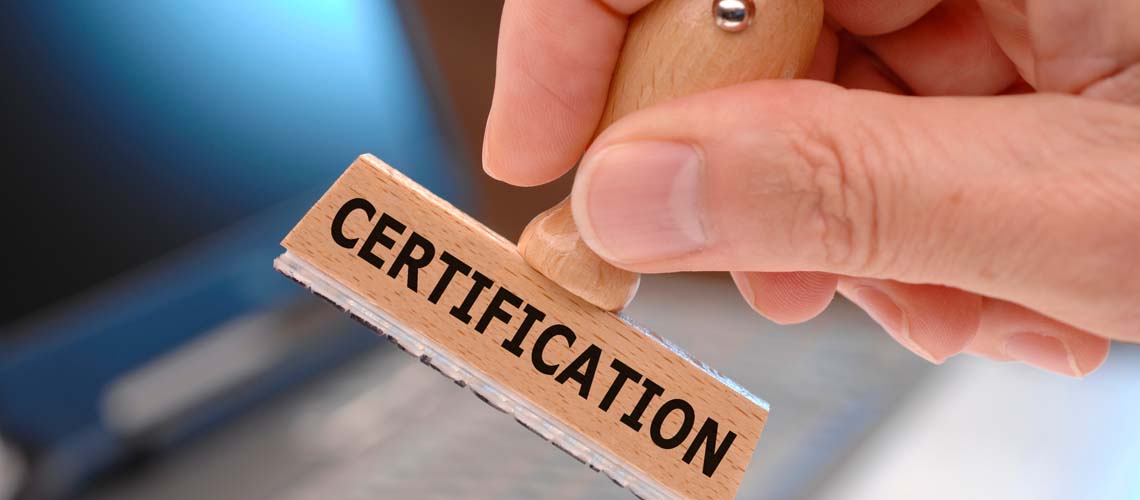Measurement Uncertainty Validation Testing in Accredited Labs
In the realm of clinical and healthcare testing, ensuring accurate and reliable measurements is paramount. Measurement uncertainty validation testing plays a crucial role in confirming that laboratory instruments meet or exceed regulatory standards. This process involves rigorous calibration, verification, and assessment of measurement uncertainties to guarantee precision and accuracy.
Accredited laboratories are recognized for their stringent quality management systems and adherence to international standards. These facilities employ advanced methodologies and state-of-the-art equipment to conduct validation tests that ensure the reliability of measurement results. By leveraging accredited labs, organizations can mitigate risks associated with inaccurate measurements, which could lead to incorrect diagnoses or treatment protocols.
The importance of measurement uncertainty cannot be overstated in healthcare settings. Even small discrepancies in test results can have significant implications for patient care and public health. For instance, a blood glucose meter that consistently underestimates readings could result in inadequate treatment for diabetic patients. Similarly, an ECG machine with high measurement uncertainty may provide misleading data during cardiac assessments.
Accredited labs specializing in validation testing utilize sophisticated techniques such as traceability to national standards and inter-laboratory comparisons to ensure consistent and accurate measurements across different instruments and environments. This approach not only enhances the credibility of test results but also fosters trust among healthcare providers, regulatory bodies, and patients.
By partnering with accredited labs for measurement uncertainty validation testing, organizations can streamline their compliance processes and reduce the likelihood of non-compliance issues. Regular validation ensures that laboratory equipment remains in optimal working condition, thereby minimizing errors and improving overall operational efficiency.
In summary, measurement uncertainty validation testing in accredited labs is an essential component of maintaining high-quality healthcare services. It underscores the commitment to precision and accuracy, which are critical for effective patient care and compliance with regulatory requirements.
Applied Standards
| Standard | Description |
|---|---|
| ISO/IEC 17025:2017 | This international standard specifies the general requirements for the competence of testing and calibration laboratories. It ensures that accredited labs maintain consistent quality in their measurement processes. |
| ASTM E1356-18 | This American Society for Testing and Materials standard provides guidelines for the evaluation of measurement uncertainty in analytical chemistry laboratory testing. |
| IEC 62040:2017 | This International Electrotechnical Commission standard outlines requirements for the calibration, verification, and validation of medical electrical equipment. |
| EN ISO/IEC 18115-3:2019 | This European Norm specifies the technical requirements for the design, manufacture, installation, commissioning, operation, and maintenance of medical devices intended to measure physical quantities. |
Industry Applications
In clinical and healthcare testing, the application of measurement uncertainty validation in accredited labs is critical for ensuring accurate diagnostic outcomes. For instance, blood glucose meters used by diabetic patients must provide precise readings to facilitate effective treatment management. Similarly, electrocardiogram (ECG) machines play a vital role in diagnosing heart conditions, and any inaccuracies could lead to misdiagnosis or inappropriate treatments.
Accredited labs specializing in this service use advanced techniques such as traceability to national standards and inter-laboratory comparisons to ensure consistent measurement accuracy across different instruments and environments. This approach not only enhances the credibility of test results but also fosters trust among healthcare providers, regulatory bodies, and patients.
By partnering with accredited labs for validation testing, organizations can streamline their compliance processes and reduce the likelihood of non-compliance issues. Regular validation ensures that laboratory equipment remains in optimal working condition, thereby minimizing errors and improving overall operational efficiency.
Customer Impact and Satisfaction
The impact of measurement uncertainty validation testing on customers is profound, particularly in the healthcare sector. Accurate measurements lead to better treatment outcomes, reduced medical errors, and improved patient safety. For instance, a blood glucose meter that consistently underestimates readings could result in inadequate treatment for diabetic patients, potentially leading to complications.
By partnering with accredited labs for validation testing, organizations can ensure their instruments meet or exceed regulatory standards. This not only enhances the credibility of test results but also fosters trust among healthcare providers, regulatory bodies, and patients. The reliability of measurement data is critical for effective patient care and compliance with regulatory requirements.
Regular validation ensures that laboratory equipment remains in optimal working condition, thereby minimizing errors and improving overall operational efficiency. This, in turn, leads to higher customer satisfaction as organizations can provide more accurate and reliable test results, contributing to better healthcare outcomes.





